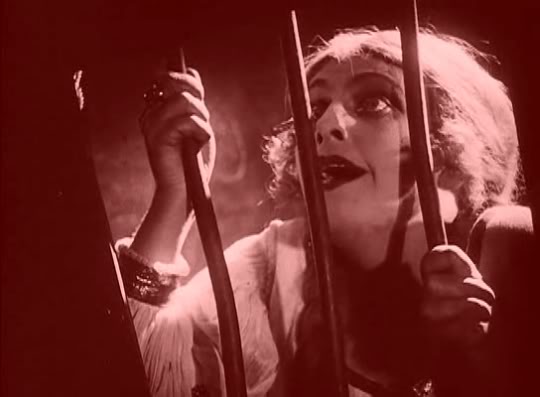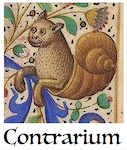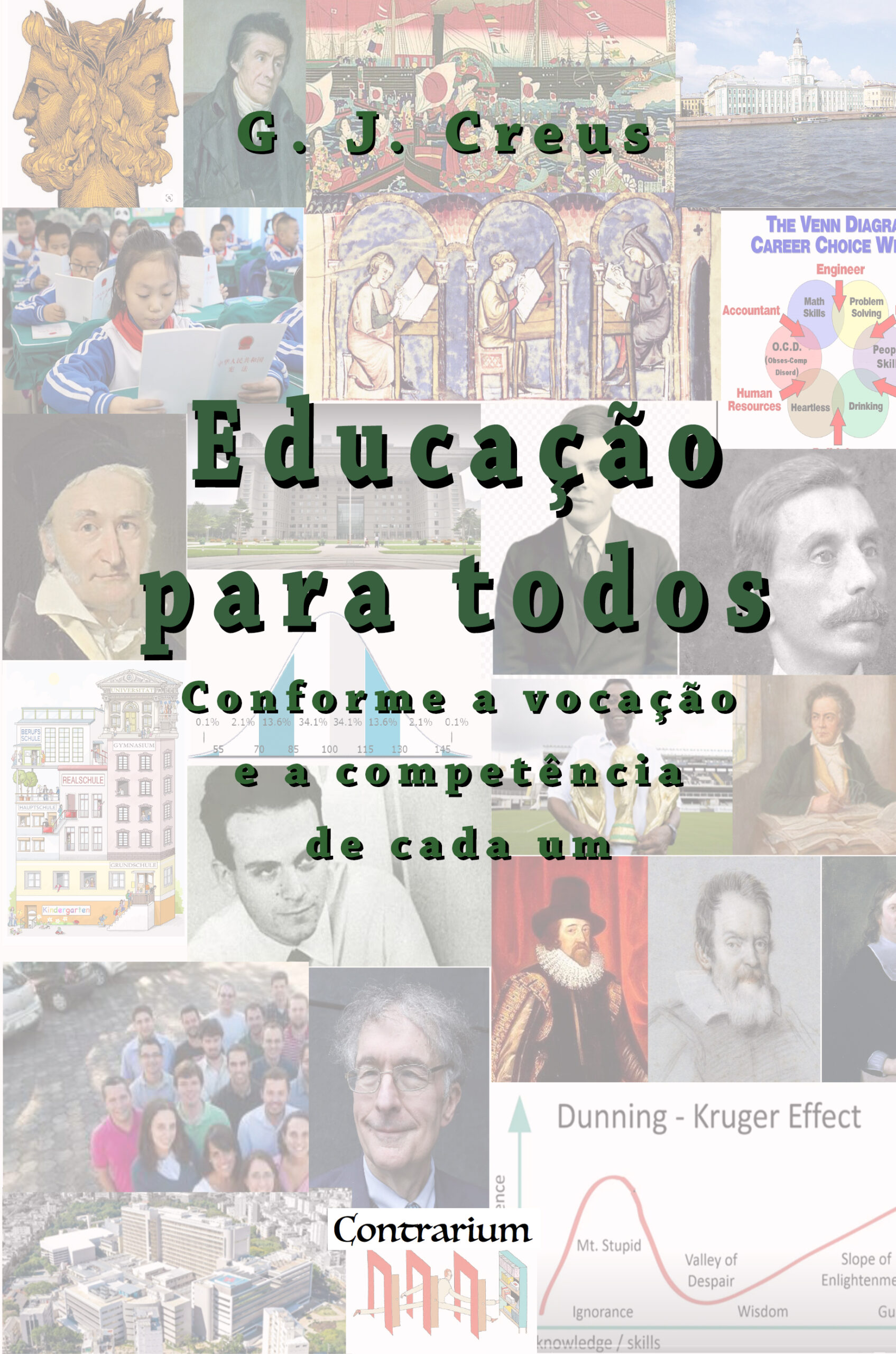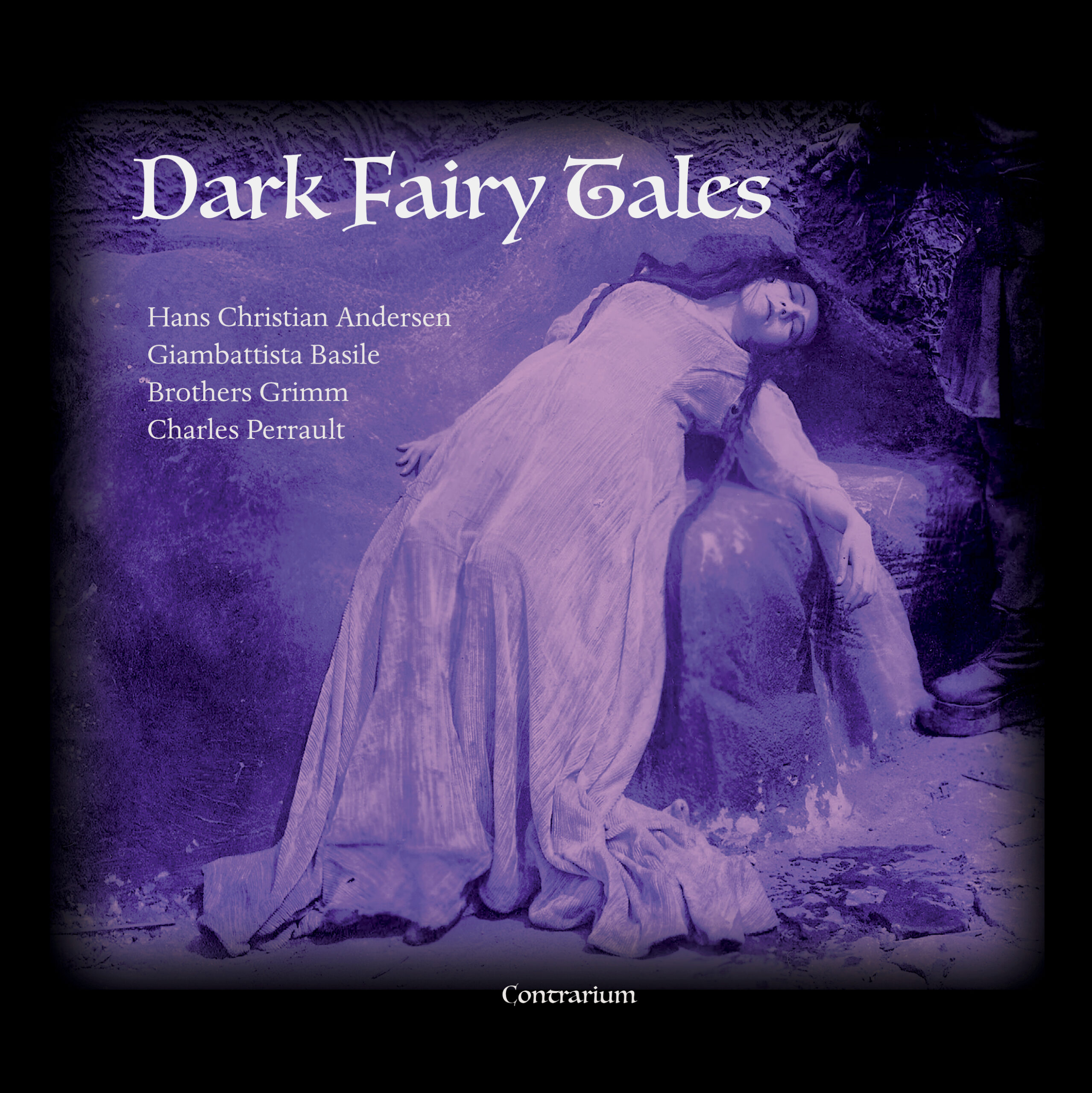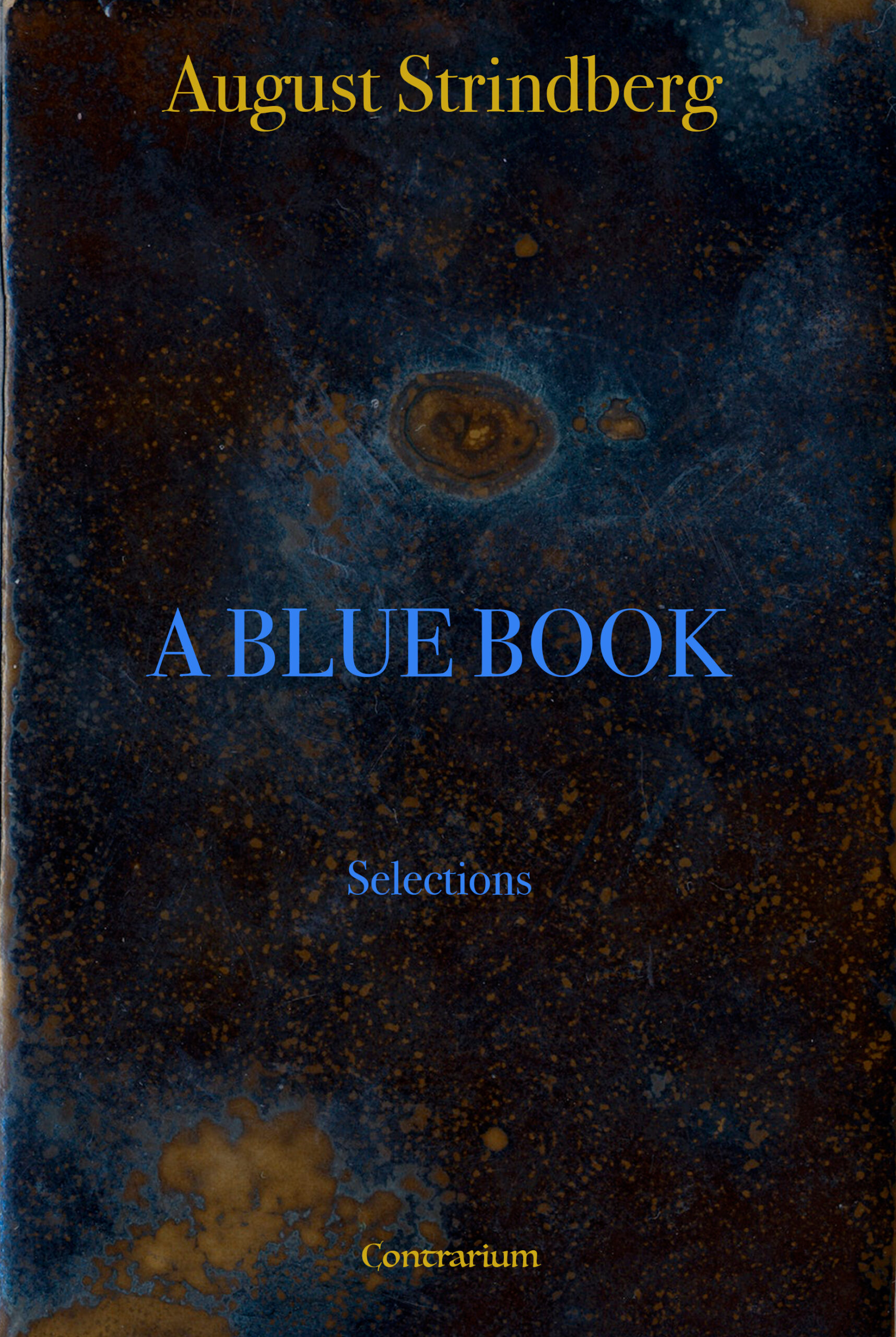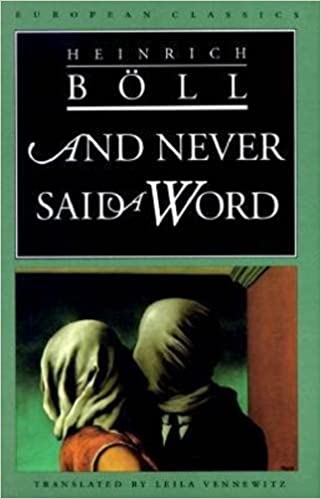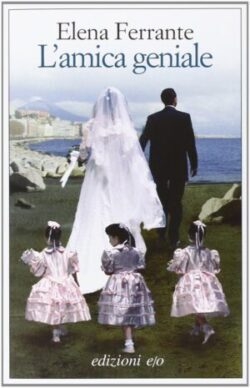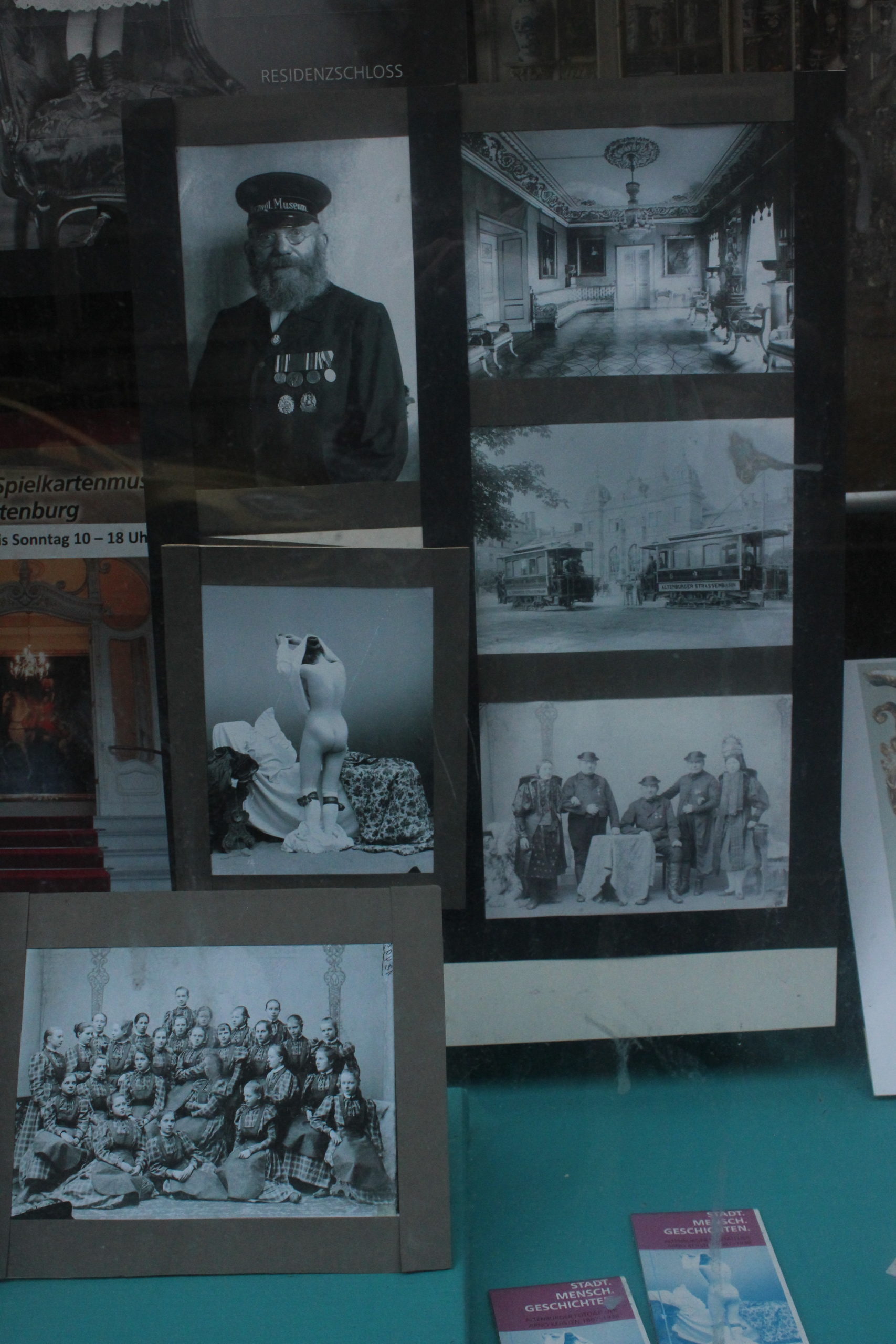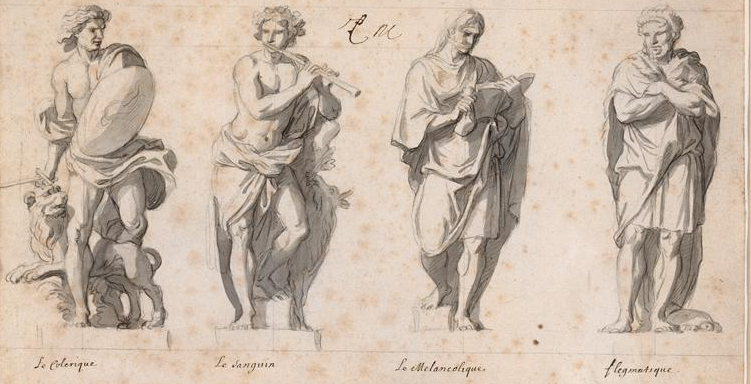A recent study by John P. A. Ioannidis and others, published at the European Journal of Clinical Investigation, seems to indicate that stay-at-home orders and business closures do not work or make little difference in containing the spread of COVID. This together with the Chinese study showing that asymptomatic transmission is low or inexistent should…
Lockdown doesn’t work
